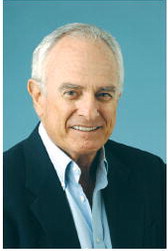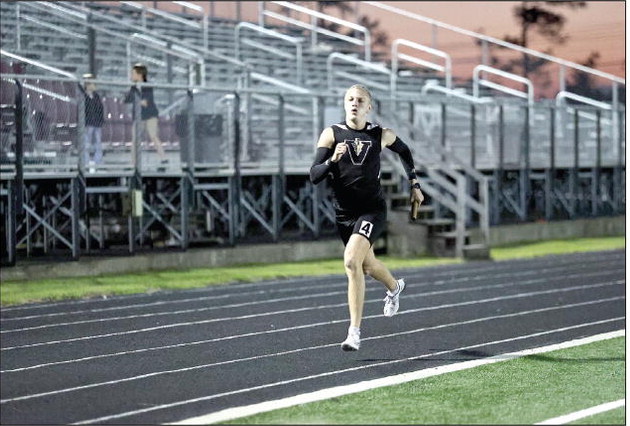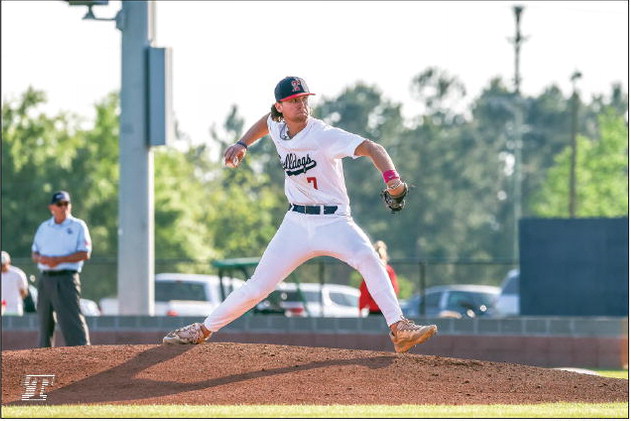Smith
Loran
Sam Huff
Long before they cross the River Styx, we learn that our heroes are neither invincible nor indestructible. In his prime, however, you would have thought that New York Giant middle linebacker, Sam Huff, might have beaten the odds, at least, based on his playing field reputation. When the New York Giant teams of the fifties featured Sam as its middle linebacker, he became, perhaps, the first great defensive Superstar.
The CBS network produced a special about his considerable abilities to dominate a game on defense. “The Violent World of Sam Huff,” was a highly regarded film that was narrated by no less than American’s favorite newsman, Walter Cronkite. Pro football was gaining momentum at this time, and Huff’s photo also appeared on the cover of TIME magazine.
Becoming friends with Sam, who finished his career with the Redskins, and Washington quarterback Sonny Jurgenson became a rich experience—but time leaves a lot of rich and rewarding friendships in its wake. When Sam was diagnosed with dementia several years ago, I knew things would never be the same. He died earlier this week not knowing where he was—not even knowing his name. That is a tragedy that acutely pains this long-time friend.
The Giants played for the National Football League title six times in eight years from 1956-1964, including the 1958 championship game in Yankee Stadium, often referred to as “the greatest game in NFL history.” This was the NFL’s first overtime game which Baltimore won, 23-17, behind the heroics of quarterback John Unitas. Huff said about the game, years later: “I don’t feel so bad in that we played our hearts out but lost to a team which played a little better.”
He did hold one regret that had to do with Giant halfback, Frank Gifford, running for a gain which resulted in an official moving the ball back a yard when he marked it, something which the Giants always lamented was an inaccurate ball placement. That took away a first down at a critical juncture in the game.
Throughout the eighties and nineties, I had the good fortune to spend the first week of December in New York for the College Football Hall of Fame Dinner, which brought about the opportunity to conclude the trip in Washington with a Redskin game. This resulted in time spent with Huff and former Redskin quarterback, Sonny Jurgensen. These two Red- continued from page
skin icons became the most popular men in the nation’s capital. Slipping into the Redskin broadcast booth to hear Sonny and Sam call a Washington game was the best entertainment I ever had at a football game.
Sam, like so many Redskin fans, who listened to WMAL radio, was a great admirer of Jurgensen. “I’m telling you, Sonny is more popular in this town than the President,” Sam often said. “I’m not talking about the sitting President— any President.”
I often joined them at one of their favorite watering holes, Duke Zeibert’s, where “any” President might just show up on occasion. Cronkite, leading columnists, senators and countless celebrities, including Redskin owner, Jack Kent Cooke, dined there. An Atlanta native, Morris Siegel, a clever columnist, constantly frequented Duke’s. He became Duke’s court jester.
The restaurant was the site of an all-time one-liner chorus. Cynicism reigned supreme. The laughs never stopped. Siegel, the classic raconteur, knew everybody in the city and was always entertaining Sonny and Sam. With his inside connections, “Mo” scooped a lot of reporters in town.
Huff, who loved his life in Manhattan, became embittered with former Giant coach Allie Sherman, who traded him to Washington—so much so that in a game with the Giants in 1966, the Redskins had scored 69 points and was in possession of the ball in the final seconds of play. Sam called time out, which puzzled everybody including Jurgensen and then coach Otto Graham. “Who called time out?” theyexclaimed. Sam cracked, “Sonny, Charlie Gogolak needs some field goal practice.” Up went the 72nd point. NFL feuds sometimes die hard.
Later, Huff looked up Sherman and made peace. “I’m not going to hold a grudge the rest of my life,” he told the former coach. By that time, Sam had landed a job as a vice president with Marriott, specializing in sports travel and marketing. Most NFL teams, owing to Sam, put their teams up at Marriott facilities across the country, and it grew from there. While he made good money as a star with the Giants, Huff never made the big money that players make today. With his warm smile, genial personality and engaging management style, he made it big in the corporate world. Being traded to Washington turned out good for him. I invited him to speak in Georgia a couple of times, and he was a big hit with his inside stories and clean humor. He never told off color jokes in public. A first class story teller doesn’t have to do that. While he could deftly deal in hand-to-hand combat on the field, Huff was always the gentleman in public.
One of the most enjoyable friendships I ever had was with Sam Huff and his buddy, Sonny Jurgensen, who always outranked “any” President when it came to Potomac popularity. Do I ever miss those days!






